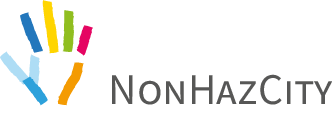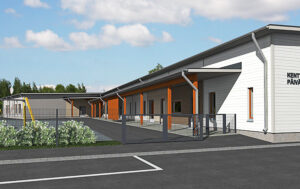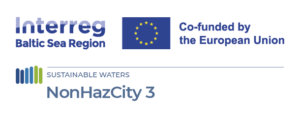No one has all the information they need. It is impossible for an end user or procurement officer to know all the latest market developments. Similarly, no company can have a complete understanding of municipal purchasing requirements. Companies develop their products and services all the time, and municipalities are continually searching for safer, more cost effective solutions. Information sharing and other forms of cooperation can be beneficial for both the market and municipalities. In fact, cooperation is discussed in the new EU Procurement Directive.
One successful example of the benefits of cooperation between the market and a municipality is the EcoLabel kindergarten currently being built in Hyvinkää, Finland. This kindergarten is the result of an open dialogue which was needed as companies did not have ready made EcoLabel solutions, and the municipality had an ambitious goal but needed guidance from the market for implementation.
So, when have decided to reduce the amount of hazardous substances used in our municipality, we should start a dialogue with the market where we ask “Are there hazardous substances in your products and services?” and “Is our list of priority substances relevant to the products or services you offer?”.
There are at least three ways we can cooperate with the market so as to reduce hazardous substances in municipalities:
- we make surveys;
- we can have an open dialogue;
- we can organise information days.
Surveys can provide information to municipalities about what goods and services are currently available. Open dialogue can lead to mutually beneficial cooperation, and information days are one good way of promoting this. When planning large procurements, municipalities can organize events to engage in a dialogue with the market where the municipality presents focus chemicals identified in hazardous substance plans and ask suppliers if they are relevant to products or services being supplied.
Consulting the markets is a win-win situation, the municipality gets up to date information about the “less hazardous” choices companies can and cannot currently offer. At the same time, the market gains awareness of municipal purchasing needs. When municipalities start to make enquiries, it includes the message: “we are interested in less hazardous choices both today and in the future, we want to build relationships with those suppliers whose products fit our values!”. This can send a clear message that there is a market for products free of hazardous substances, and that there are good business opportunities in meeting this demand.


